The Sad, Outrageous Case of the Cuban Five
The federal prosecution of the group of intelligence officers known as the Cuban Five was a travesty of justice that needs to be remedied.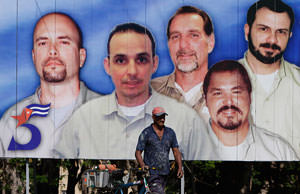
Even the most hardened critics and defenders of Fidel Castro and the Cuban revolution should be able to agree on one thing — that the federal prosecution of the group of intelligence officers known as the Cuban Five was a travesty of justice that needs to be remedied, if not by the courts, then by means of a long-overdue diplomatic resolution. Neither outcome, however, appears likely.
In 2001, after a six-month trial in Miami conducted in an atmosphere electric with anti-Castro sentiment and publicity, the five were convicted of multiple counts of espionage against the U.S. military and Cuban exiles in southern Florida. One of the five, Gerardo Hernandez, a group supervisor, was also found guilty of conspiracy to commit murder in the deaths of four members of the anti-Castro group Brothers to the Rescue, who perished when two airplanes they were piloting were shot down by the Cuban air force in 1996.
Although another defendant, Rene Gonzalez, was released from prison and repatriated in 2011, the other four remain incarcerated. Hernandez is serving a life term with no parole date at the federal penitentiary in Victorville, Calif.
The factual background of the Cuban Five case reads like a mini-history drawn from the last stages of the Cold War and the opening salvos of the current American surveillance state:
The five were members of La Red Avispa — the Wasp Network — of the Cuban Directorate of Intelligence, who were sent undercover with false identity papers to Miami-Dade County. Their mission was to monitor and infiltrate Cuban refugee groups like the notorious Alpha-66 that, since the early days of the revolution, had been dedicated to effecting regime change in their homeland. Evidence produced at the five’s trial showed that, far from being mere propaganda organs, such groups had been implicated in terrorist acts, including assassination attempts against Castro and several bombings of Havana hotels and nightclubs.
In 1994, the Wasp Network turned its attention to the Brothers organization, which had begun to supplement its occasional rescues of Cuban refugees at sea with forays of light aircraft into Cuba to drop leaflets promoting civil disobedience and unrest. In February 1996, acting on information about impending flight plans allegedly supplied by Hernandez, the Cuban military interdicted three Brothers planes as they entered Cuban airspace. When only one of the planes returned to Florida, the U.S. claimed the other two had been destroyed not over Cuba but over international waters, an allegation that established jurisdiction in federal courts for criminal prosecutions.
Although the U.S. had long kept tabs on Cuban espionage activities in Florida, after the shoot down, the FBI stepped up its surveillance of suspected Cuban agents, ultimately arresting the Cuban Five in September 1998. As a subsequent federal appellate decision in the case disclosed, “Much of the evidence that the government introduced at trial was obtained through searches that were conducted under the Foreign Intelligence Surveillance Act … and approved by the court created by that Act.” And while the five moved to suppress the evidence as being obtained illegally, the suppression motion was denied after the Justice Department contended that an adversarial hearing in open court on the motion would harm national security.
After their arrest, the five were confined in pretrial solitary confinement for 17 months, with only limited access to legal counsel, according to Amnesty International and the United Nations Working Group on Arbitrary Detention. Their subsequent trial, held in a virtual lynch mob setting amid defense protests that the government had withheld classified evidence, ended predictably with convictions all around.
But as news of the trial’s abuses spread, so did sympathy for the five. Demands for a new trial were raised not only by Amnesty but by numerous Nobel Prize winners, including physicist Zhores Alferov, novelist Nadine Gordimer and South African Archbishop Desmond Tutu. Renowned journalist and film director Saul Landau, since deceased, made the five the subject of his last documentary, “Will the Real Terrorist Please Stand Up?”
On the legal front, a new defense team was also put together to handle the five’s appeals. Headed by the late progressive lawyer Lenny Weinglass, the team astonishingly won a reversal of the entire judgment in 2005 when a unanimous three-judge panel of the 11th U.S. Circuit Court of Appeals held that massive prejudicial pretrial publicity in the case mandated a change of venue from Miami and had deprived the defendants of a fair trial.
Sadly, an “en banc” decision handed down a year later by the full 11th Circuit reversed the three-judge ruling. And in a bitterly divided 2-1 opinion written in 2008 by Judge William Pryor, the former Alabama attorney general, Federalist Society member and tea party favorite, the Circuit Court reinstated the convictions, including Hernandez’s for conspiracy to commit murder despite the absence of any evidence that he intended to have anyone killed. In 2009, the Roberts court denied the five’s request for a Supreme Court review.
Although the five still have habeas corpus petitions pending in federal court that challenge their convictions, the prospects for judicial relief at this late stage are slim. So too, unfortunately, are the chances of a diplomatic solution, notwithstanding President Obama’s handshake with Raul Castro last month at the funeral of Nelson Mandela.
Although the much ballyhooed greeting briefly revived speculation about a prisoner swap of Hernandez and his still-jailed co-defendants in return for the release of Alan Gross, an American serving a 15-year espionage sentence in Cuba for illegally distributing communications equipment, the administration clearly has no intention of reaching any kind of diplomatic settlement that would bring the sad and outrageous case of the Cuban Five to an honorable close.
Your support matters…Independent journalism is under threat and overshadowed by heavily funded mainstream media.
You can help level the playing field. Become a member.
Your tax-deductible contribution keeps us digging beneath the headlines to give you thought-provoking, investigative reporting and analysis that unearths what's really happening- without compromise.
Give today to support our courageous, independent journalists.

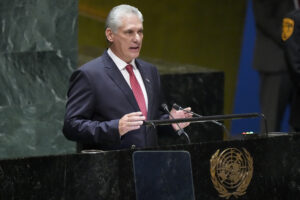
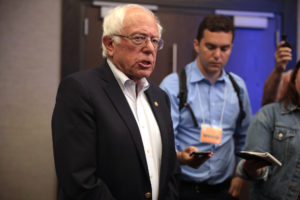
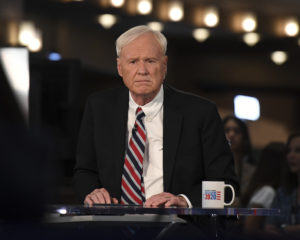
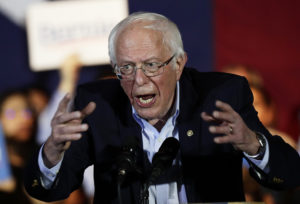
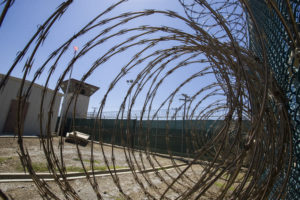
You need to be a supporter to comment.
There are currently no responses to this article.
Be the first to respond.